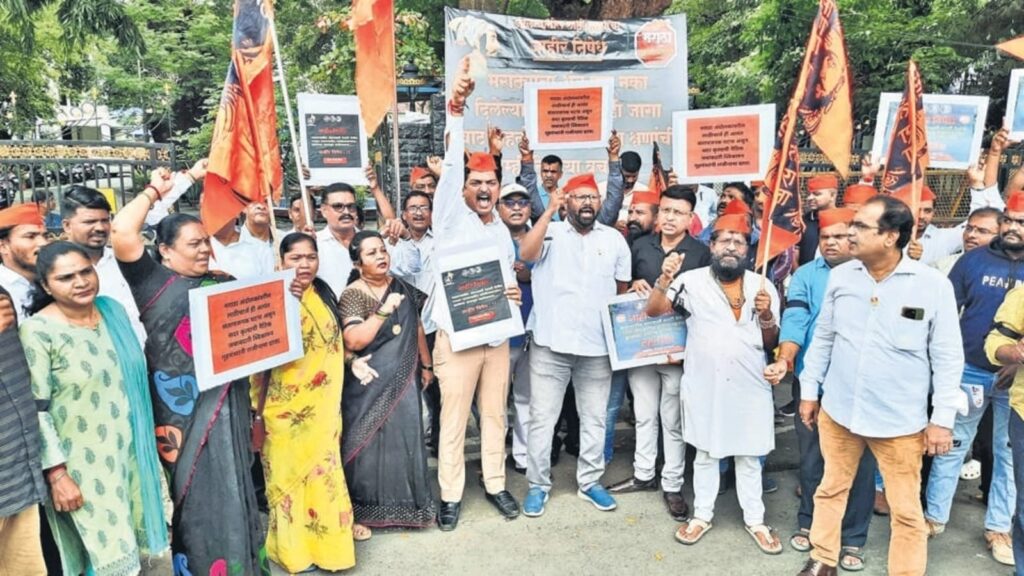The Maratha quota debate has returned to roil Maharashtra this week, adding a new twist in a state that has seen two political formations in recent years. As with any other case of a dominant community demanding reservations — remember that Marathas have dominated the state’s polity, with 12 out of 20 chief ministers coming from the community — the genesis of the demand is seeded in diminishing economic opportunities and social dominance. This dissonance between community pride and a sense of history with the reality of constricted social and economic mobility creates resentment and quotas are seen as an easy lever to ease some of that political pressure.
The political heat from this decades-long demand has been felt by all parties; in 2016, in the aftermath of the Kopardi rape case, when the quota demand was raised, the Bharatiya Janata Party (BJP) was in power. In 2018, the BJP state government moved to accord reservations to the community in what was seen as a winning electoral formula. When the Supreme Court scrapped the quota in 2021, the Maha Vikas Aghadi quickly blamed the previous BJP administration. Now, lathi charge at a quota protest and a hunger strike by a prominent activist appears to have pushed the Shinde government onto the backfoot. The solution for the immediate crisis is likely political. However, the episode has underlined some disquieting trends that undermine the original goal of India’s affirmative action system — equality and progress. For Scheduled Caste and Scheduled Tribe communities, reservations were a tool of social uplift. The motivation for dominant communities is anything but. Sooner or later, political parties will have to confront the reality that using reservation as a vote-catching tool is no panacea and can backfire.

